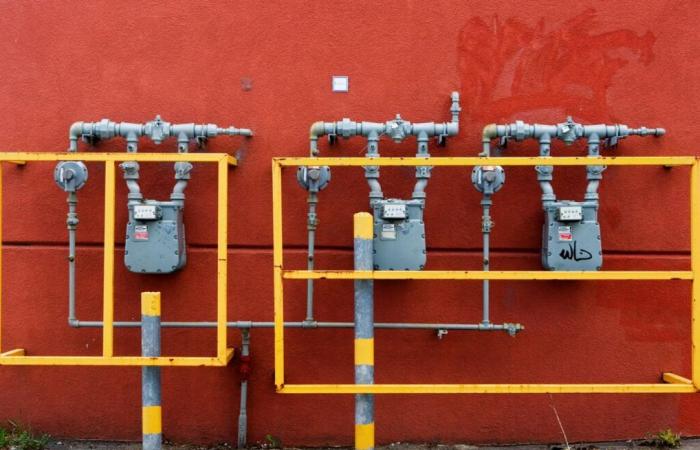The Quebec government plans to remove fossil fuels from all buildings, except those in the industrial sector, by 2040.
The Minister of the Environment, Benoit Charette, and the Minister of Energy, Christine Fréchette, announced “a plan to achieve 100% renewable energy by 2040”, Monday morning.
The objective is to plan the withdrawal of fossil fuels for heating buildings and to ensure a transition to renewable energies, “while taking into account Quebec’s energy supply capacities”.
In recent months, several municipalities have banned the installation of gas systems in new residences. Prévost, in the Laurentians, was the first to do so.
In a press release, Quebec wrote that its plan “is inspired by municipal regulations in force for new residential buildings” and “targets residential, commercial and institutional buildings, both new and existing.”
The approach “designed in collaboration with distributors” combines “energy efficiency, electrification, dual energy and the optimal use of other renewable energy sources, such as gas from renewable sources (GSR) in decarbonization buildings,” we can read in the press release published Monday.
Less oil heating and fossil natural gas
The decarbonization plan includes changes to two regulations. Thus, the Regulation respecting oil heating appliances will be expanded and will prohibit “the installation of natural gas heating appliances in new residential buildings of less than 600 m2 and three stories or less, in order to prioritize electrification.”
An exclusion will be granted to the Outaouais region, due to the particularities of its “energy ecosystem”. The region’s natural gas distributor, Gazifere, will however have to submit a decarbonization plan in the coming months.
The Regulation concerning the quantity of gas from renewable sources to be delivered by a distributor will also be amended in order to improve the obligation of “gas distributors to gradually reduce the quantity of fossil natural gas delivered to residential, commercial and institutional consumers”.
Distributors, like Énergir, will therefore have to increase the percentage of gas from renewable sources, produced from organic waste, for example.
Thus, existing buildings powered by natural gas will have to achieve a 100% renewable supply, with the exception of the residential sector for Outaouais.
These two regulatory changes will be subject to consultation next year.
“After regulating fuel oil, we are now targeting natural gas, another fossil fuel. In collaboration with our partners in the energy sector and municipalities, we will put in place measures to guarantee an orderly transition to renewable energies, while ensuring gradual adaptation for consumers,” said Minister Benoit Charette in a press release.
The Minister of Energy, Christine Fréchette, for her part wrote that decarbonization “is a social project that we will all succeed together”.
To watch on video
Canada






